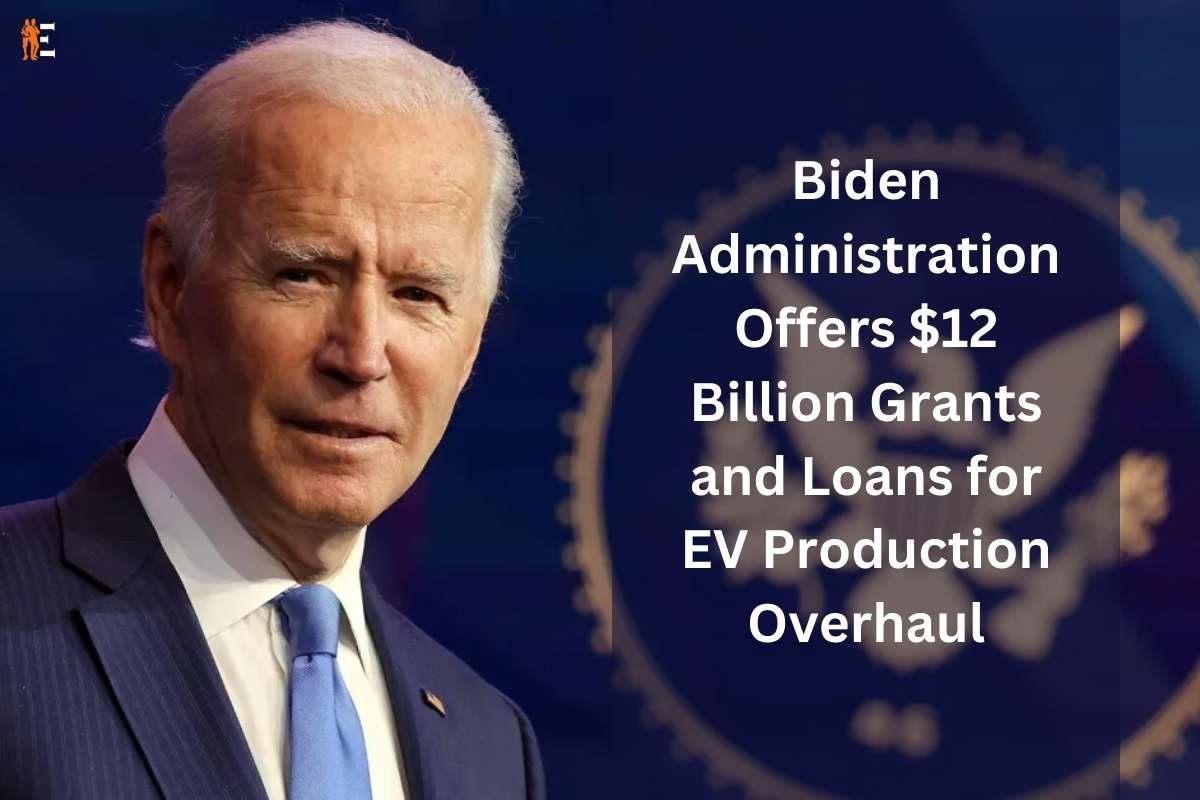The Biden administration has unveiled a comprehensive plan to provide auto manufacturers and suppliers with $12 billion in grants and loans to transform their facilities for the production of electric vehicles (EVs) and advanced automobiles. Energy Secretary Jennifer Granholm announced the initiative on Thursday, emphasizing the Biden Administration’s commitment to facilitating a smooth transition to EVs while safeguarding jobs and communities.
Biden Administration Goals
Granholm, a former governor of Michigan, a state with a significant automotive industry presence, expressed the administration’s goal to ensure that workers and communities are not left behind during the shift to electric and advanced vehicle production. The proposed grants and subsidies are aimed at incentivizing the conversion of existing auto plants into facilities equipped to manufacture EVs, thereby addressing concerns raised by automakers and the United Auto Workers (UAW) union regarding the potential impact of forthcoming environmental regulations.
Biden administration awards $2.8 billion in grants to ramp up battery production
UAW Raises Concerns
The UAW, in particular, has raised concerns about the rapid transformation affecting jobs in states like Michigan, Ohio, Illinois, and Indiana. The union recently authorized a potential strike at the Detroit Three automakers if agreements on wages and pension plans are not reached before the expiration of the current contract on September 14.
UAW President Shawn Fain expressed approval of the policy, highlighting its focus on maintaining strong union partnerships and upholding the pay and safety standards that the UAW has championed over generations. President Joe Biden echoed the sentiment, emphasizing the potential for a mutually beneficial transition to clean energy and its positive implications for both automakers and workers.
The Funding Initiative
The funding initiative could also play a role in rescuing the Jeep factory in Belvidere, Illinois, which is facing closure by Stellantis. Granholm hinted that communities built around existing plants are well-positioned to capitalize on the funding opportunities, suggesting the possibility of retaining manufacturing facilities through the support provided.
While no specific labor requirements will be mandated for companies seeking funding, the Energy Department revealed that projects demonstrating improved labor conditions will have a higher chance of securing financial assistance. Alongside the grants and loans for facility conversion, the Biden Administration’s plans to allocate $3.5 billion to domestic battery manufacturers to bolster the EV supply chain.
Funding for advanced vehicle initiatives will comprise $2 billion in grants from the Inflation Reduction Act, passed by Democrats last year, and $10 billion in loans from the Energy Department’s Loans Program Office. This comprehensive approach reflects the administration’s commitment to fostering a cleaner energy economy without leaving workers and communities behind.











